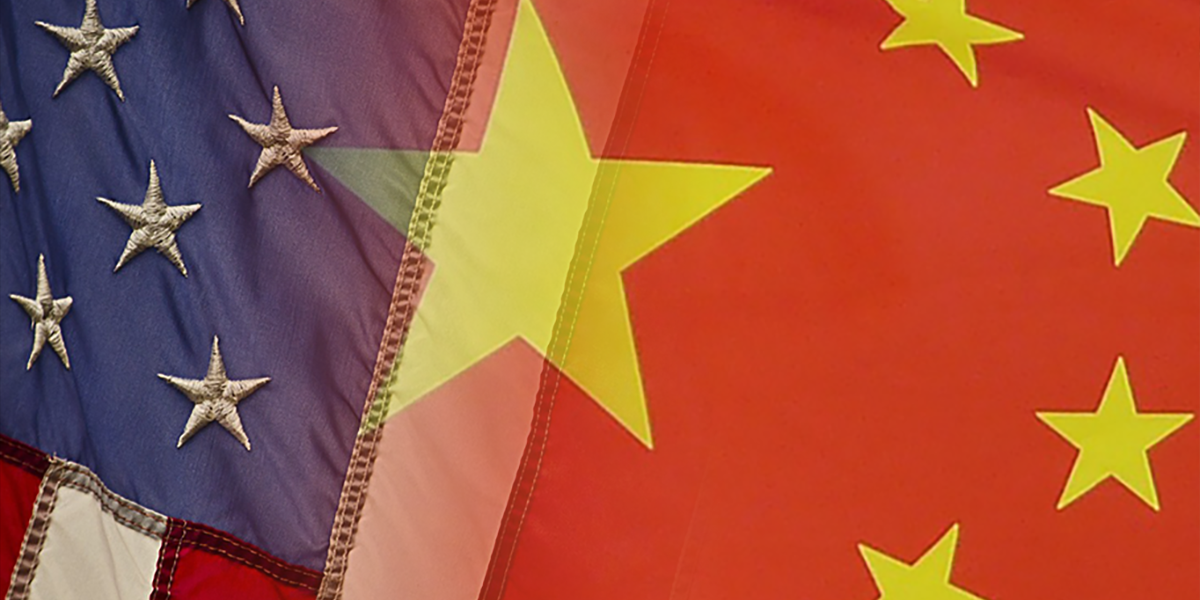
This article was originally published by the German Institute for International and Security Affairs (SWP) on 02 March 2020.
China is increasingly seen as the central threat to the liberal Western world order. A growing sense that this shift is unstoppable creates a climate of discussion that overlooks important alternatives, writes Nadine Godehardt.
We are witnessing a period of great change in world politics. The old power structures still dominate daily politics, but are no longer unchallenged. New ideas for a post-liberal order appear on the horizon. The world order has indubitably entered an “interregnum” where, as Antonio Gramsci wrote, the masses “no longer believe what they used to believe previously”. Doubts and scepticism proliferate over the success of globalisation, the idea of liberal progress and Francis Fukuyama’s influential theory that the collapse of the Soviet Union would lead to global dominance for democracy and market capitalism.
Two Sobering Truths
Two developments amplify the growing feeling disorientation in politics, economics and academia. Firstly, as the sociologist Bruno Latour puts it, the globe has grown too small for the demands of modern globalisation and optimisation. Tangible climate change affects everyone, clearly highlighting the limits to liberal modernisation. Secondly, the Western liberal narrative of progress has lost its momentum. At the latest since the financial crisis of 2008, fractures have appeared in the US-led global economic system, with growing social inequality, privatisation of digital markets and increasingly sharp political polarisation. In the words of the conservative political theorist Patrick J. Deneen, liberalism has failed because it was too successful. Equally pertinently, the political scientists Helge Jordheim and Einar Wigen note that the centuries-old self-image of Europe – and even more so the United States – as the global motor of political, socio-cultural and economic progress is fading. In its place contemporary experiences of crisis, stagnation and a world decidedly out of balance.
Dystopia and Nostalgia in Dealings with China
These threats to the liberal world order come into stark focus in the debates over the rise of China. Washington regards China under Xi Jinping as the decisive disruption and the power it most needs to contain. In this interpretation, the two powers are spiralling into a “new era of great power competition” as Beijing also stands its ground. Today the Chinese leadership distinguishes openly between the institutionalised forms of the international order, in which China engages actively, and the underlying values of (what they see as) the US-dominated Western liberal world order, which they emphatically reject. These perspectives ramp up the pressure on US politicians to take rapid and decisive action. This may encourage dystopianism: The rise of China is seen as sealing the inevitable decline of the United States and Western values, making it necessary to prevent China’s rise by any means possible. Or it may foster nostalgia and a wish to revive the confidence of a bygone era. Both perspectives ultimately imply a need to “put China in its place”. This promotes assertions of strength and even more prominently the idea of decoupling from China, as well as a very clear distinction between friend and enemy. The result is a climate of discussion where political polarisation is presented as inevitable, which in extremis always also includes the real possibility of armed conflict between the United States and China.
Tolerance of Ambiguity
The sense of inevitability in this era of global interregnum, especially in relation to the growing rivalry between the two great powers, obscures the view of (and increasingly also blocks the desire for) alternatives. Where could the way out lie? First of all, it is crucial that these tectonic shifts in world politics are not just occurring around us: Germany and Europe are themselves part of these changes. Secondly, China, and especially the Communist Party, is not going to develop – in economic, political, social or cultural terms – as the United States (or the European Union) might wish. The central question is therefore whether Europe can accept China as a permanent part of the world order without the Chinese leadership signing up to Western values. If we conclude that it can, European actors will have to deal with the contradictions with which China confronts us. The sociologist Andreas Reckwitz describes this as tolerance of ambiguity. In contrast to Washington’s demand for decoupling, tolerance of ambiguity is apparently the harder task; but it also draws a line under the politics of polarisation that tends to hinder diplomacy more than it helps. For Europe the question is ultimately less about being for or against the United States or China, but instead in the medium term creating new, productive structures of order in which core European values remain central.
About the Author
Nadine Godehardt is Deputy Head of Research Division at the German Institute for International and Security Affairs.
For more information on issues and events that shape our world, please visit the CSS website.

